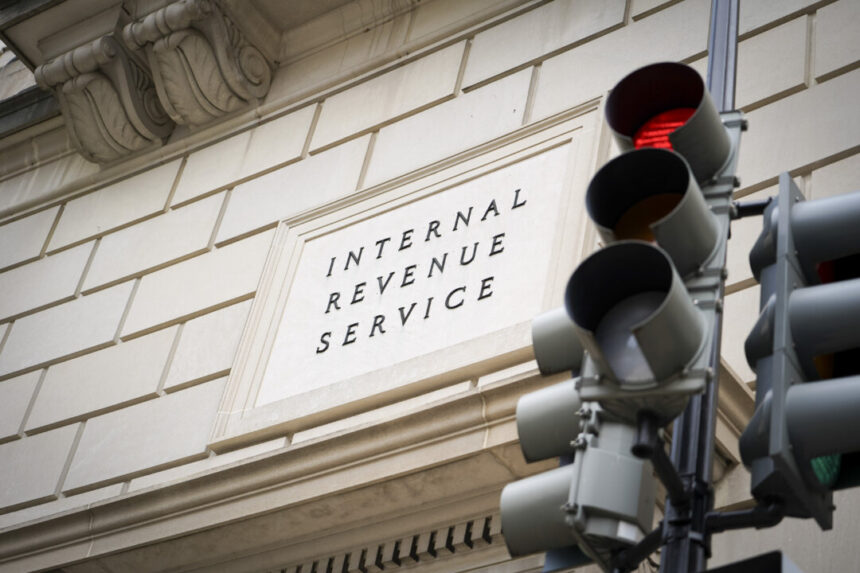The IRS has issued a reminder to retirees aged 73 and older to take required withdrawals from retirement accounts by Dec. 31 to avoid penalties. Failure to do so may result in a 25 percent excise tax on the amount not withdrawn, with the penalty decreasing to 10 percent if corrected within two years. Penalties may be waived if the error is deemed “reasonable” and is being addressed. Account owners must file Form 5329 and provide an explanation to apply for relief.
The Secure 2.0 Act raised the starting age for required minimum distributions (RMDs) from 72 to 73, giving retirees more time to keep funds in their accounts. Starting in 2033, individuals will not be required to take mandatory withdrawals until they reach age 75. The Act also eliminated RMDs for Roth accounts in employer-sponsored plans starting in 2024, aligning them with Roth IRAs exempt from lifetime RMDs.
The IRS emphasized that traditional IRAs and IRA-based plans are subject to RMD rules, requiring annual withdrawals once individuals reach the specified age. Employer-sponsored plans follow similar rules, with withdrawals allowed to be delayed until retirement except for participants owning more than 5 percent of the business. While Roth IRA owners are not required to take withdrawals during their lifetime, beneficiaries must adhere to RMD rules after the account owner’s death.
Beneficiaries of inherited retirement accounts were advised to carefully follow RMD rules, which vary based on factors such as the account owner’s date of death and the beneficiary’s relationship to the deceased. Updated rules introduced a 10-year distribution requirement for most non-spouse beneficiaries, with exceptions for certain eligible designated beneficiaries.
Source link






